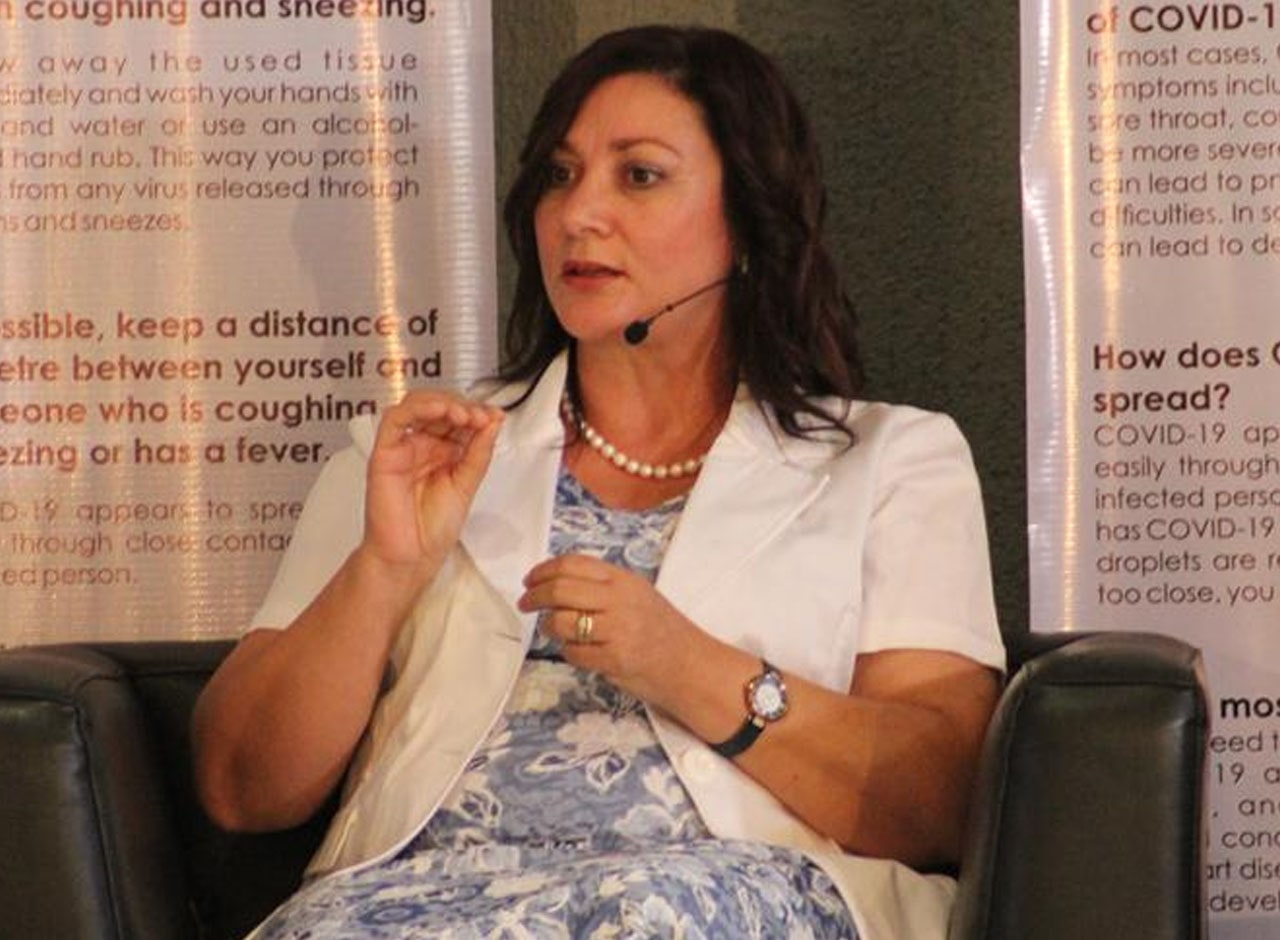Andrew Kathindi
The Education Ministry maintains that 64 percent of participants in its survey on the best way to proceed with learning amidst the pandemic indicated a desire to return to face-to-face teaching.
This comes as Namibia National Teachers Union (NANTU) is set to meet the Prime Minister, Saara Kuugongelwa on Tuesday to voice its displeasure at President Hage Geingob’s announcement that grades 0-9 should reopen for face-to-face teaching on 7 September.
According to the Ministry, it received feedback from 18,000 respondents. Of these 8,712 were parents; 4, 778 teachers and 2,820 learners while 1,565 were community members, drawn mostly from Khomas, Erongo, Otjozondjupa and Karas regions.
“The unions indicated their stance. They are not happy that schools are re-opening amidst the pandemic, as they call it. They have requested for a meeting with the Prime Minister, which will take place and we’ll take it from there,” Education Executive Director, Sanet Steenkamp told Windhoek Observer.
She added, “But the situation is that 64 percent indicated that schools should reopen and they were specific about which grades should reopen. Preferably all grades. Our stance as a Ministry is that we have to get used to a new normal in education and the different modes we have to embrace.”
She said parents who do not want their children to return for face-to-face can pursue e-learning and home-schooling modalities.
“Parents should indicate in writing whether they prefer learning at home so the ministry can have data and see the progress of the child. No school can have the same way of response. Some struggle and will have to use a time-based system to alternate grades. So, a child will not go to school five days a week.”
This comes as the Education Ministry has directed schools this week to work out their best modalities and to indicate further challenges for the Ministry to see how best to support and assist them.
While the return of grades 0-9 to schools has been delayed by a further week by extension of the lockdown, Steenkamp said the Ministry used the time to look at research from South Africa, which found that, “actually there’s lower risk of [COVID-19] acquisition in children compared to adults and of low risk COVID-19 related death in children. There is also lower transmission risk from children to adults and low risk of children contributing to outbreaks in schools.”
In a letter to its members issued on Monday 31 August, NANTU leader Loide Shaanika stated, “NANTU is discontent and shocked by the decision taken by the government and the Ministry of Education Arts and Culture to reopen schools for face-to-face teaching and learning for all grades on the 7th of September 2020 under the prevailing situation in the country in terms of the COVID-19 pandemic.”
She further noted, “It must be noted that this decision does not sit well with NANTU, as it is claims we are compromising on the health and safety of members, support staff and learners. This is completely unacceptable. The unfortunate conditions of our schools are explicitly known by everyone.”
The latest development comes as the Ministry of Education has on numerous occasions been forced to postpone its reopening plans amid backlash from teachers unions that remain skeptical of reopening plans.




